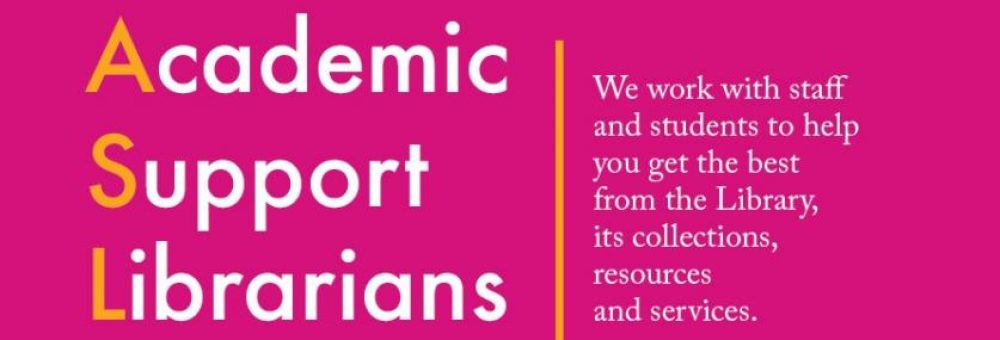Introduction
If you haven’t heard about LibSmart I and II yet – then what have you been doing?!
To quickly summarise, LibSmart I and II are fully flexible, self-enrol Learn courses designed to help you get started and advance your library resource knowledge. If the description has got you intrigued and you want to know more, do not worry! In this blog, I will give you five reasons why LibSmart I and II can be beneficial to your studies, general university knowledge and digital skills development.
1. Builds awareness on library offerings
Edinburgh University’s Library and University Collections (L&UC) has a range of awesome resources – I am sure you will be aware of DiscoverEd, Special Collections and physical library locations like the Main Library. Well, the department has two new assets by the names of LibSmart I and II. They will help you discover other library-related services that will help you build your information literacy skills.

The Main Library entrance on George Square. [Taken by Paul Dodds, copyright of the University of Edinburgh]
2. Increases your knowledge: LibSmart helps you be more productive
The information contained in LibSmart will not only boost your awareness of library resources but also guide you, so you can use these resources effectively! Throughout the modules, there are activities and quizzes to help you consolidate your knowledge and test yourself.
3. Supports subject specialism
With LibSmart I you build a foundation of knowledge so you can confidently use library resources when researching for a report or topic. LibSmart II enables you to “advance your library research”, supporting you as you complete your thesis or dissertation. The modules in LibSmart II are subject-specific so you can tailor your learning to your project needs. See the image below of the 10 different modules tackled in LibSmart II.
4. Fully-flexible
As mentioned earlier, LibSmart has been created so that you can work independently and interact with the modules as and when you wish. By working at your own pace, you can make the most out of the courses, ensuring you understand the content available. You can still interact with others who are completing the course and Academic Support Librarians (ASLs) using the discussion board whenever you want, so you gain thoughtful insights into the material you are learning.
5. Earn Digital Badges
The final reason you should enrol onto LibSmart is because you have the opportunity to be rewarded for the work you complete with Digital Badges! After finishing a module and subsequent quiz you will be notified that you have earned a LibSmart eBadge that you can share on various digital platforms such as LinkedIn, Facebook, Twitter, or a website.

LibSmart badges


